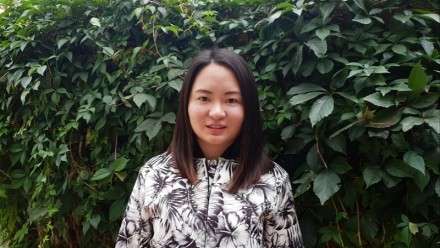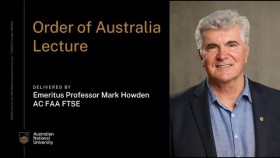Understanding societal attitudes to climate change and carbon dioxide removal
It’s well established that the earth’s climate is warming due to human activities. Numerous studies have demonstrated the clear scientific consensus on this key issue, with more than 97% of climate scientists in agreement. But we know much less about how the wider community is engaging in conversation on social media about climate change, and in particular about the potential for greenhouse gas removal, or negative emissions , as a means to address the problem of climate change.
Enter Yuanyuan Shang, a PhD student who’s just won a Climate Change Institute PhD supplementary scholarship that’s been designed to encourage cross-disciplinary research.
Her research will explore community attitudes to climate change across different countries using social network analysis. She’ll be particularly focused on exploring interest in and attitudes to negative emissions, i.e. ways of actively removing greenhouse gases from the atmosphere.
“My research will highlight the types of people who are concerned about climate change and negative emissions and what their concerns are,” she said. “I’m aiming to understand the context, framing, communication gaps and discussion on negative emissions, to assist the technologies in moving from pilot-scale theory to scaled-up practice. The research will be useful for governments and organisations who would like to pursue widespread acceptance of negative emissions and related products.”
She’ll be using new and emerging technologies to analyse “big data” harvested via social media. Many of these technologies have been used previously to look at the political / cultural dimensions of social media, but have rarely been applied to investigating attitudes to climate change.
One research question is whether negative emissions is the best term to use to communicate these technologies.
“I also want to know how to frame carbon dioxide removal. I will be trying to investigate lots of other related key words and see how they’re discussed in social media, as negative emissions is unclear to many.”
Yuanyuan is based at the National Centre for Public Awareness of Science, and the scholarship has encouraged her to reach out to other supervisors, including an expert in social network analysis from the ANU School of Sociology.
It will also help her travel and means she can attend a conference in the Netherlands where she will give a presentation and attend workshops.
Stay tuned for the results of her research.











